
READ ALL ABOUT IT
Since 2012, I’ve been writing about books. And the act of reading. And the importance of story and narrative. But, mostly, the underlying theme of all I write is how taking a moment to stop and digest some longform text — instead of scrolling, instead of watching a video, instead of multitasking — can be one of the most grounding things we can do for ourselves. Here’s the one-stop online home for all this writing.
You can read more about me and my work by moseying over here. Want to peruse periodic “essay drops” — excerpts from my work-in-progress essay collection about Homesickness? Here ya go.
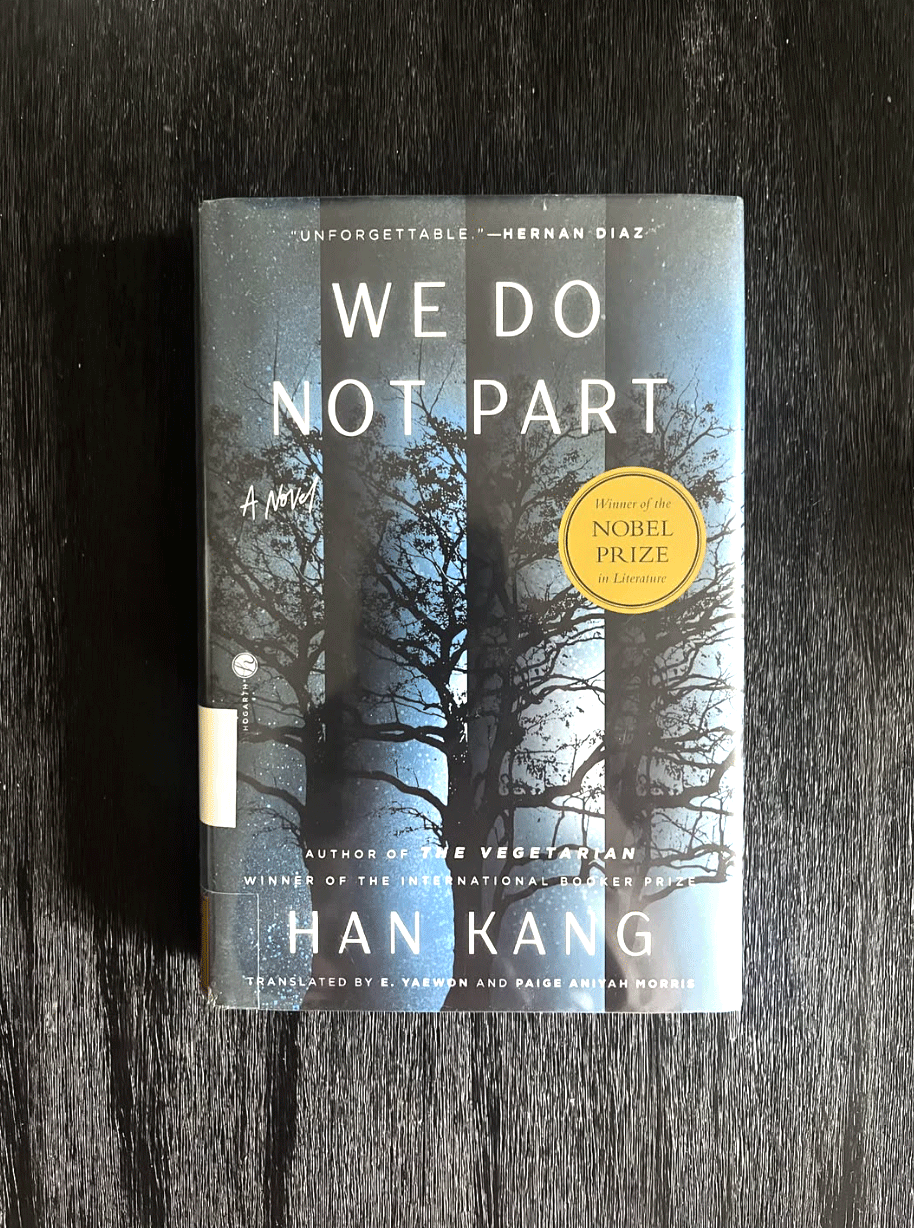
We Do Not Part
We Do Not Part: A fixation on hands and touch and how we can mend and create but also pierce and cut … and maybe, too, a declaration that idleness (“idle hands” and all that) can prevent something from being revealed.
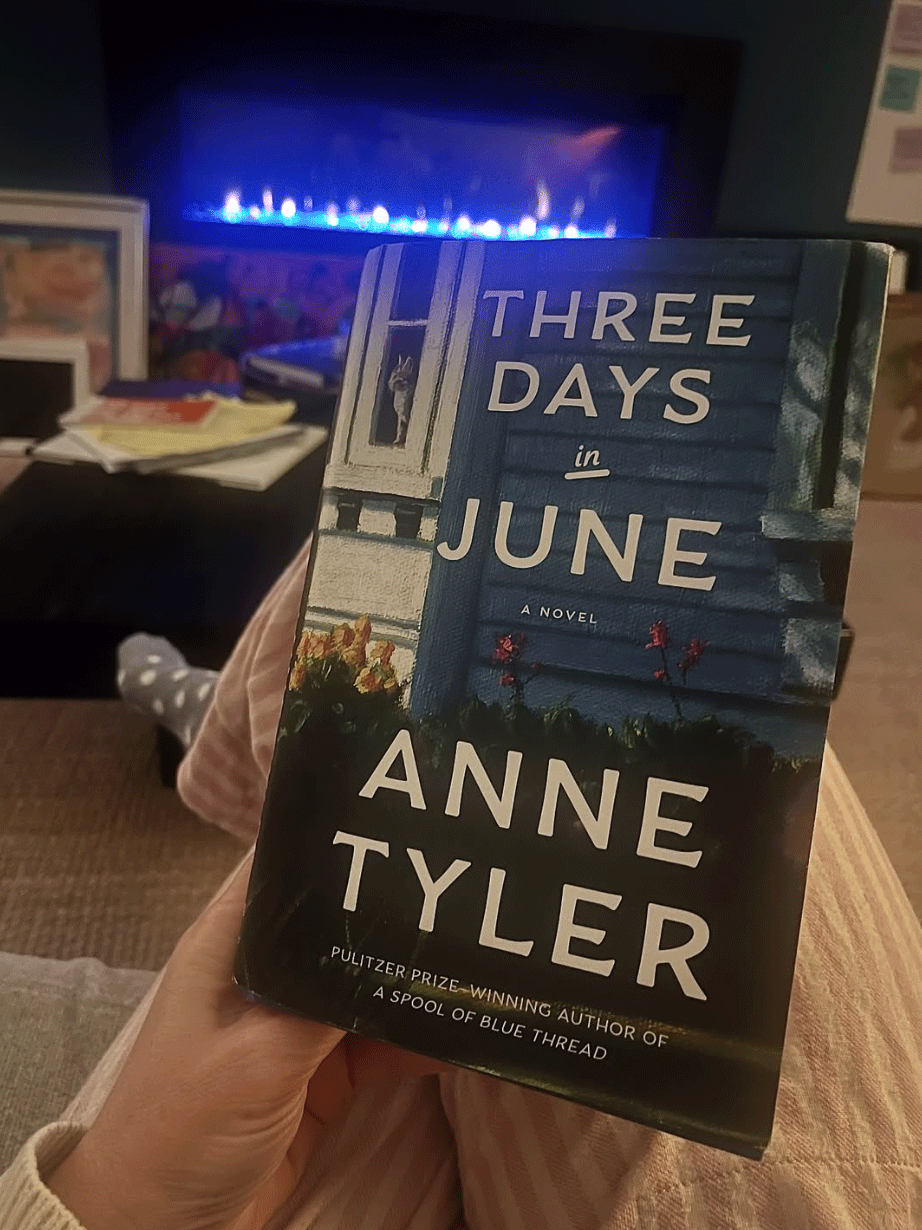
Three Days in June
Curling up in stripy pajamas and polka dot socks to finish the Anne Tyler book that you started on the plane home the other day and soaking in the simple (but not, like, “simple” as in one-dimensional) stories of normal people who Tyler has made up (of course…because it’s fiction) but nonetheless…

Imaginary Museums
This is Shel Silverstein for adults. But not like “for adults” with an “only” tagged at the end.
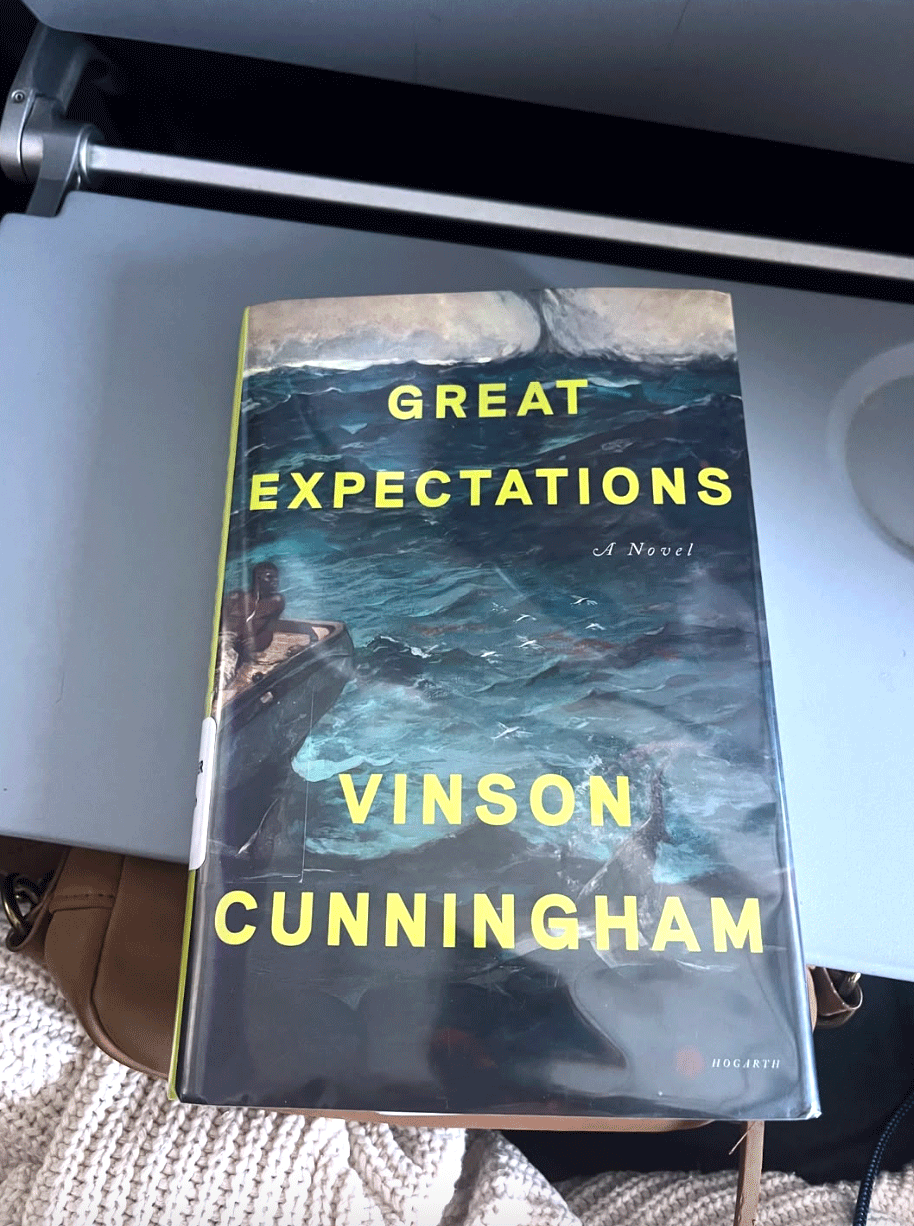
Great Expectations
“It’s never good to be a fanatic,” said my teacher. I have no recollection of the context; pretty sure she was directing us in a Gilbert & Sullivan production, so maybe she didn’t want us to get fanatical about gondoliers.
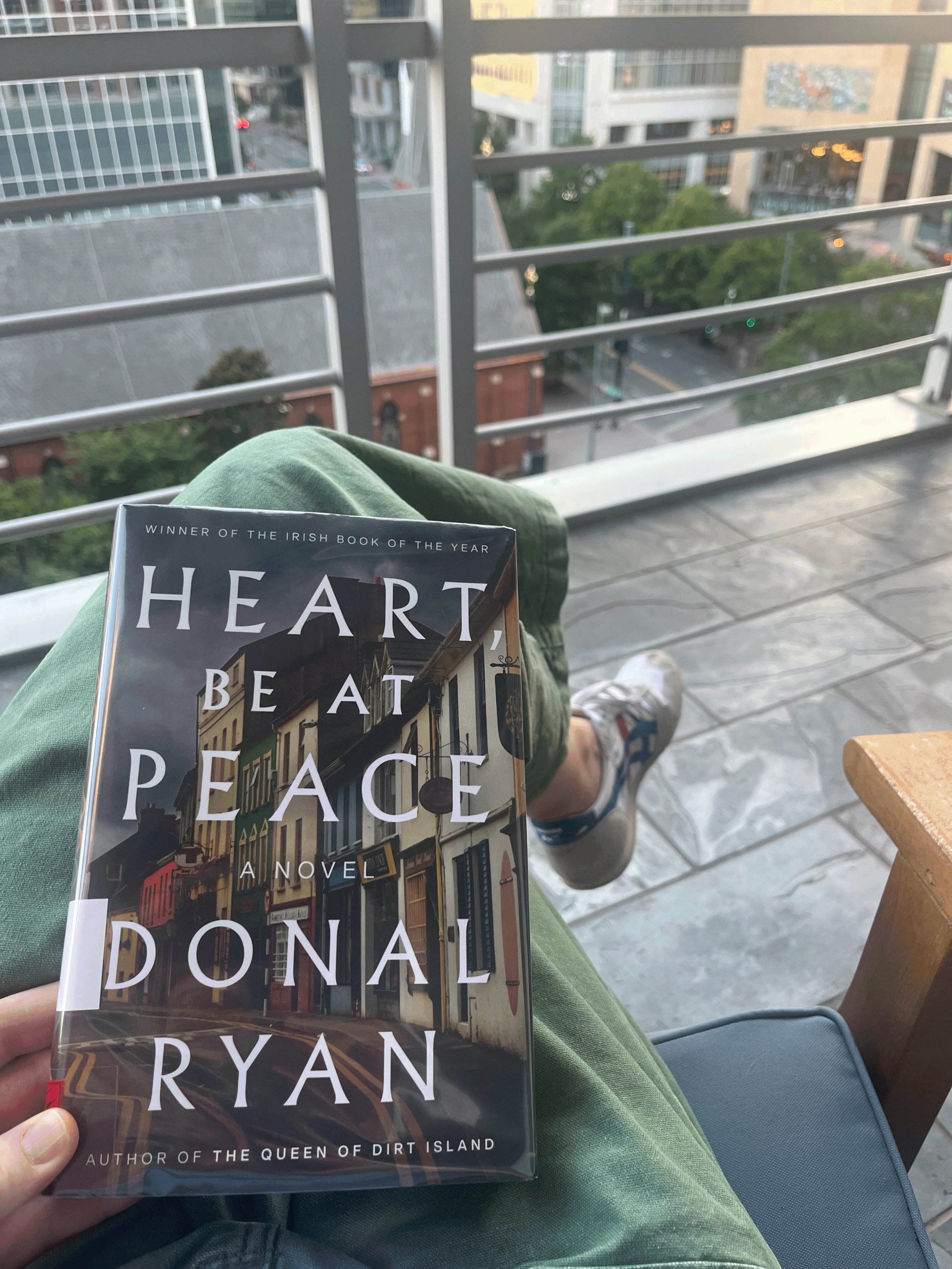
Heart Be at Peace
I’ve been thinking about what it means to not just live — but to cultivate, and maybe even cultivate with aplomb (!) — a small life. Which mine is. And I suspect that applies to the great majority of us.
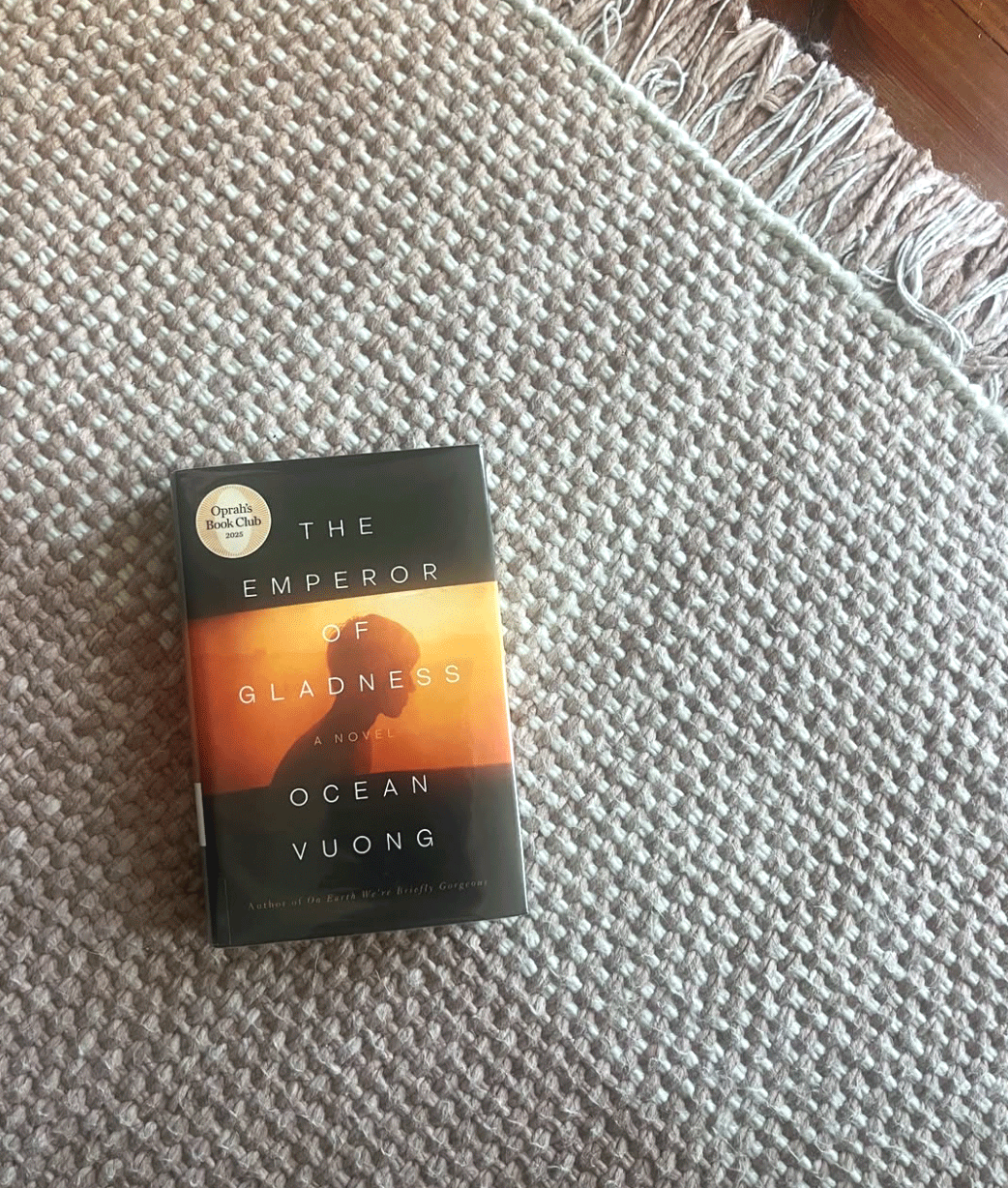
The Emperor of Gladness
I suppose the main thing I took away from The Emperor of Gladness — Ocean Vuong’s second novel, the one that Oprah selected for her book club — is that sometimes the people we are meant to be the closest to are actually the farthest from us.

Orbital
Something I think about — way too much probably — is whether or not it is possible to live in a vacuum. (Not saying I want to! Just that I find it sort of fascinating, speaking as someone who has lived in many different places.) How much, and to what degree, do our contexts and cultures influence the core of our beings?
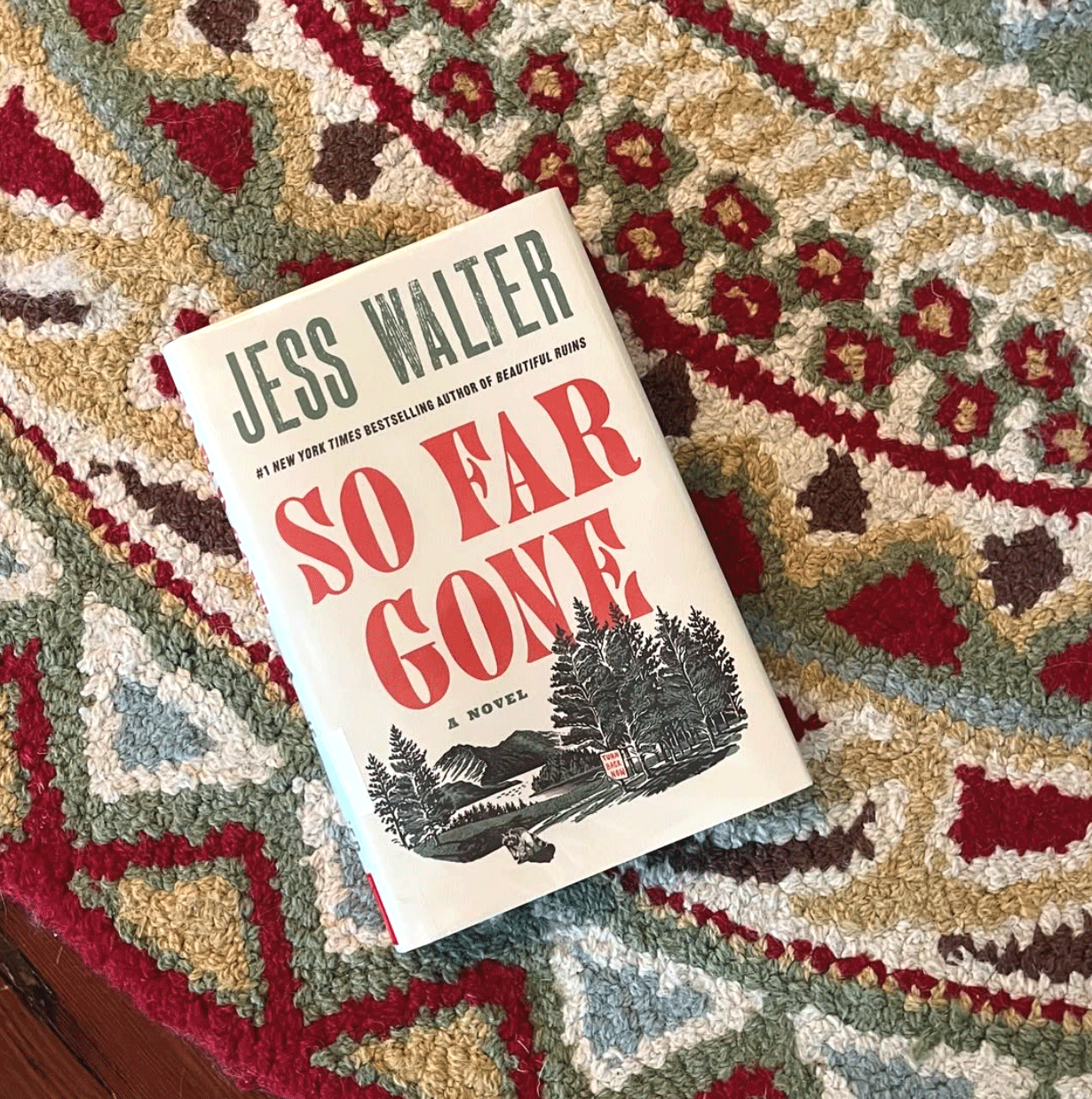
So Far Gone
We saw The Head and the Heart last week. (Awesome show!) They didn’t play one of my favorites, and I can see it being a bit maudlin for a concert at an outdoor amphitheater anyway. It’s called “One Big Mystery” and is marked with “life’s one big mystery” as a repeated line. Simple stuff, but a true statement nonetheless.
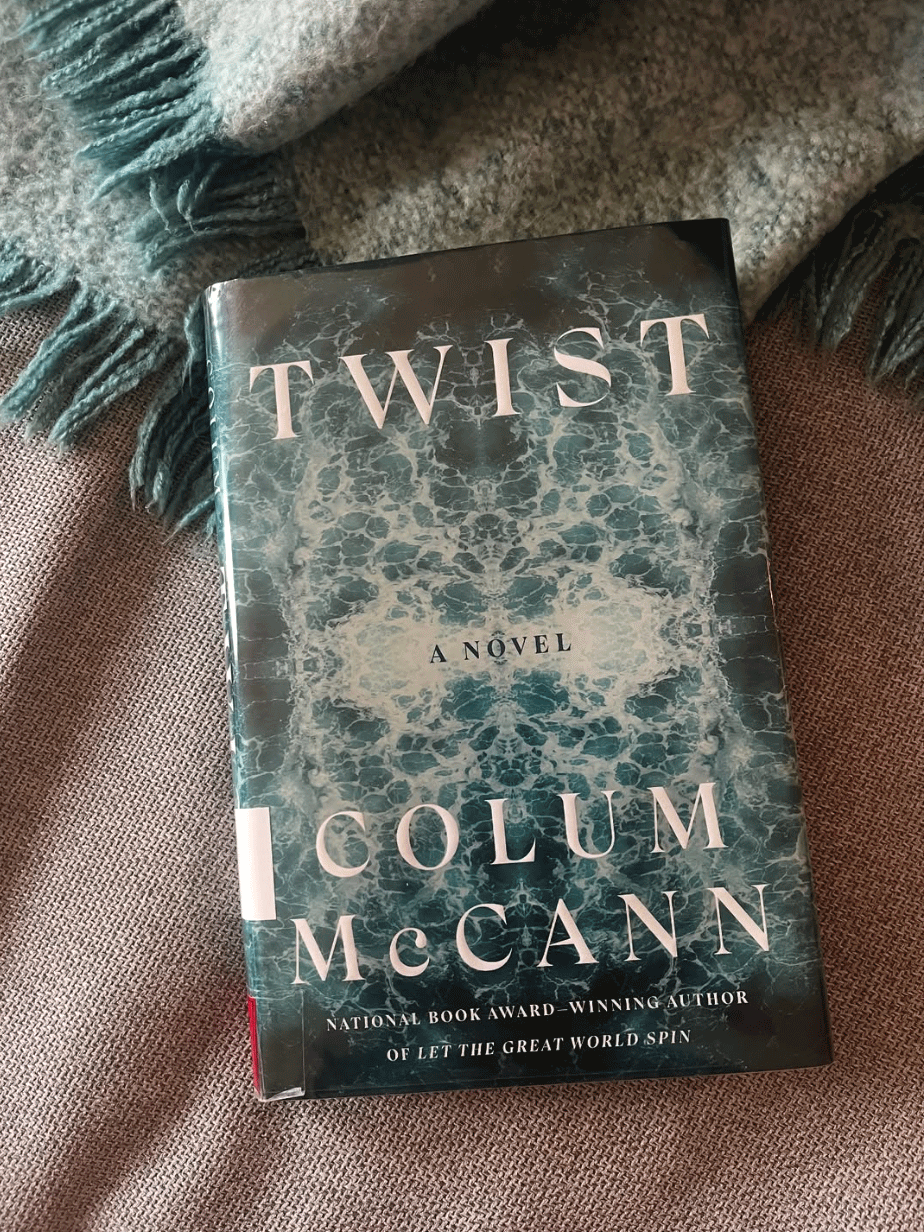
Twist
My first job at a magazine included tasks like fact checking, proofing, as well as administrative minutiae such as taping an assortment of an editor’s handwritten taxi receipts to paper so that I could photocopy this collated masterpiece and then FAX it to someone in “corporate.” (🎶 It was the 90s. 🎶)
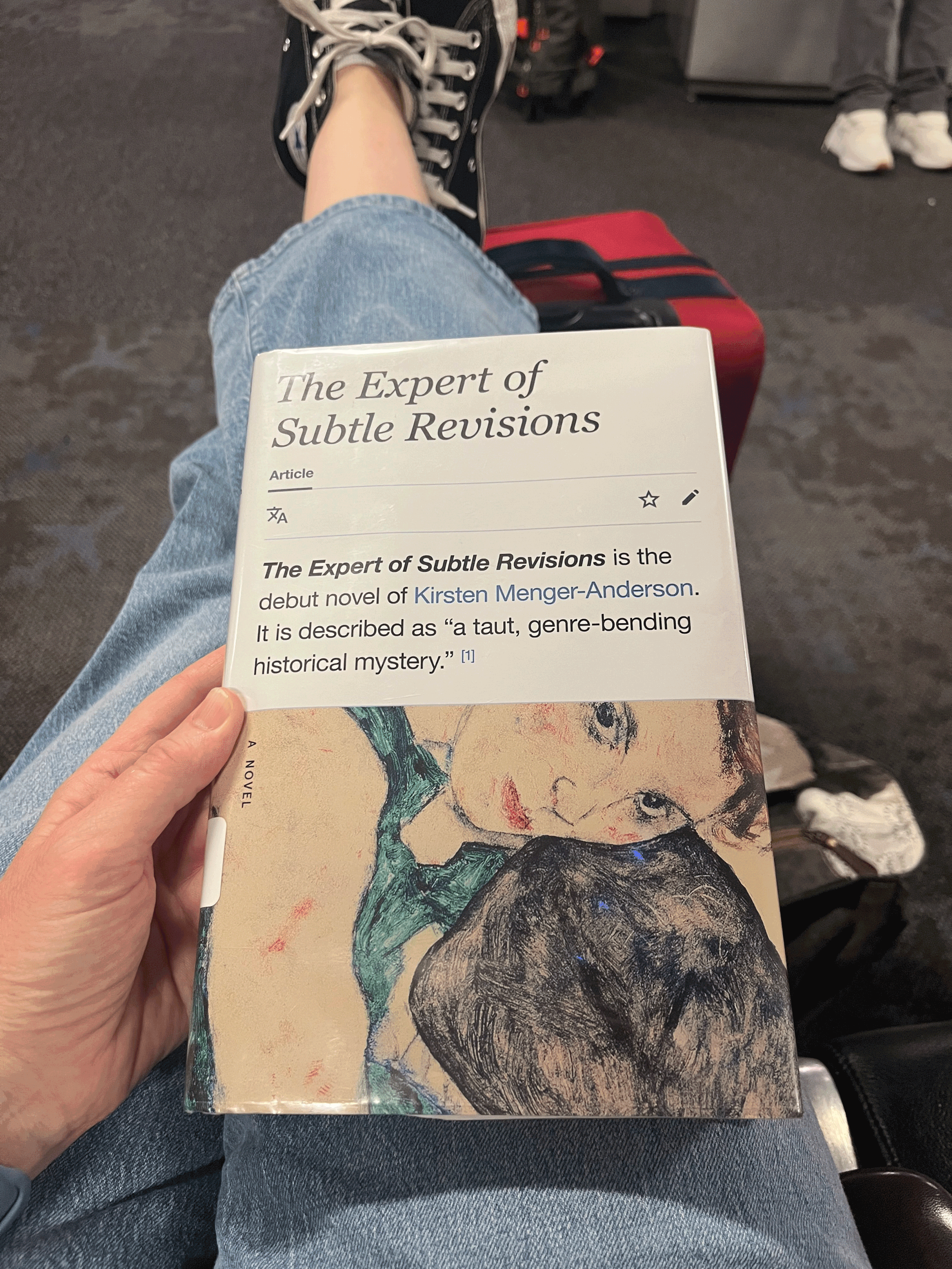
The Expert of Subtle Revisions
Do you *exist* if no one knows about you? Well, of course you do; this “tree falls in the woods” thought experiment doesn’t really hold up because — at minimum — the vast majority of us are “known” to the government or whatever else powers-that-be by virtue of having an ID, property record/lease, an internet connection, etc. But of course “knowing about you” the way that I mean isn’t about facts necessarily. It’s about feeling. And I just finished The Good Life, the book that outlines and gives insight into the Harvard Study of Adult Development, i.e. “the world’s longest scientific study of happiness.”

The Life of the Mind
While I’m not necessarily convinced of the benefits [for me] of reading a novel that stars a thoughtful protagonist who has a hard time shaking her neuroses because she possesses the kind of mind that seeks “deep” over “simple” and therefore forces her to analyze situations to an agonizingly detailed degree … I know that I sincerely can’t quit ‘em.

Real Americans
A question after reading Real Americans by Rachel Khong: How often do you suspend disbelief while reading fiction? I don’t mean like “this guy is driving around with his zombie ex-girlfriend” (yes, I’m referring to I Am Homeless if This is Not My Home by Lorrie Moore) or “these sea creatures are talking” (Remarkably Bright Creatures by Shelby Van Pelt, which I have not read yet, but would like to). Those novels are considered literary fiction — not sci-fi — so readers accept the impossible as sort of an artistic method (maybe akin to Picasso’s portraits?) instead of world-building fantasy. No, I guess I mean more like a novel that is trying to be realistic, but instead feels a tiny bit like a sitcom when it comes to the neatly tied-together details.

All Fours
All Fours by Miranda July: I met with 4 friends to talk about this one the other week. Was it a book club? I guess — we were meeting to discuss a book. There did happen to be wine + cheese (+ Amelie’s macarons thanks to @librarian.in.the.woods). We were all women. But somehow it felt different than what popular culture thinks of as a book club. This open group — not everyone knew each other — was an outgrowth of the trio that met at my place a couple of months ago with History of the Rain (Niall Williams) as our catalyst.

A Parlor Read
Have you noticed publications (Atlantic, NYT) touting the benefits of reading aloud? I’ve enjoyed seeing these headlines because the first community literary event I produced in 2019 was just that: a read-aloud. It was called Book Covers (like a cover band, but “cover readers”), and there was a theme and a panel discussion following the readings — which were done by prominent community members and authors — + a run sheet + a sound system + press releases etcetcetc.

Beautiful Ruins
I read a lot of Beautiful Ruins by Jess Walter while in Italy — and even had it in my backpack during our day in Cinque Terre, where a lot of the novel takes place. (Why I didn’t pull it out and take some cool meta pic with the book in the foreground is beyond me…) I think a lot about buildings and structures that endure — maybe especially when they’re perched on a tenuous-looking precipice? — and I love ruminating on the repurposing of spaces. Case in point: Giunti Odeon, a former Renaissance palace in Florence that now houses a café/bookstore/cinema. …

Stone Yard Devotional
“Human beings need recognition as much as they need food and water. No crueler punishment can be devised than to not see someone, to render them unimportant or invisible. ‘The worst sin towards our fellow creatures is not to hate them,’ George Bernard Shaw wrote, ‘but to be indifferent to them: that’s the essence of inhumanity.’ To do that is to say: You don’t matter. You don’t exist.” This is from David Brooks’ book How to Know a Person: The Art of Seeing Others Deeply and Being Deeply Seen. Whether or not you like Brooks, it’s fair to say he can address a topic with ease and clarity; I found this one — which zeros in on something I think about quite often — an excellent read.
But what happens when someone seems to be actively eschewing being known? Or, how about this: What if by hiding oneself away a person may actually be more known? Does visibility = being “known”? Or is it something more? …

The Fell
There’s a difference between isolation, “alone time,” and loneliness. Maybe they intersect a bit, but the distinct ways that we experience — and perhaps sometimes crave — solitude don’t really share qualities, beyond the obvious granular one, with each other.

Dayswork
Some real literary figures feature in Dayswork, a novel by Chris Bachelder and Jennifer Habel (who are married to each other). Namely, Herman Melville, but also Nathaniel Hawthorne, Robert Lowell, literary critic Elizabeth Hardwick, and the still-living and Pulitzer-winning Melville biographer Hershel Parker (thinly veiled as “The Biographer”). They aren’t characters, exactly, as they play the historical figures that they actually are only through the lens of the protagonist’s internet deep dive as she becomes obsessed with Melville during the early days of the pandemic — that time when we were all sequestered inside with our computers as our only tethers to the outside world.

A Gate at the Stairs
I’ve finished this book and it nonetheless remains a mystery to me — and that is probably why I love it so, so much.

RAWTS: Amy’s Take on The Nix
My husband and I read a book together. (Wow, cool, cue massive applause.) This is of interest because Matt is pretty much a self-professed non-reader of books. But back in 2020, he declared he wanted to read an “Amy book” with me. It was awesome, and we read The Overstory by Richard Powers. Fast forward to 2024, and I said, “Let’s do that again!” I had started The Nix and was enjoying the breezy style. So I declared it so.

